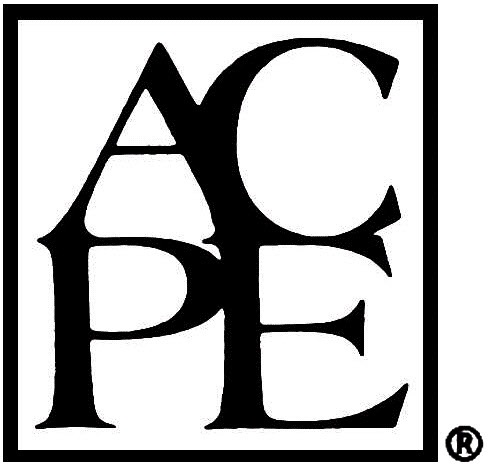IG3 - How the pandemic changed hospital pharmacy management – moving forward
Link to EAHP Statements
Section 1 - Introductory Statements and Governance: Statements - 1.3, 1.4, 1.5
Section 5 - Patient Safety and Quality Assurance: Statement - 5.1
ACPE UAN: 0475-0000-23-017-L04-P - A knowledge-based activity
Abstract
During the last decade healthcare systems have survived different crises: economic, epidemiological (Covid-19 pandemic) and political (war in Ukraine and in other countries), which have influenced the capability of healthcare systems in general and hospital pharmacies in particular.
Traditional approaches, which have focused on identifying system failures, and understanding the causes of incidents, are still important. But such an approach may not be sufficient to assess the situation.
The concept of resilience has been advocated since the last decade as a new way for safety management in different systems including healthcare. It has been described as the ability of either organisational or larger systems and individuals to return to some “normal” state of functioning after a disaster (after the negative consequences of different disruptions?) and being able to function without compromising system performance. This means that both healthcare systems and hospital pharmacies must be flexible or ready to adapt to a new normal situation, where healthcare system or hospital pharmacy functioning is reorganised or enhanced in some way in response to the disruption they face especially because hospital pharmacies are often at the back of the queue of all hospital needs.
What hospital pharmacists have learned from previous crises?
What options are there to continue the development of hospital pharmacies and implement the European Statements of Hospital Pharmacy into daily life?
Learning objectives
After the session, participants should be able to:
- Describe the concept of resilience and financing of resilient health systems (is there a trade-off between efficiency and resilience?)
- Discuss how to adapt to new situations that affect hospital pharmacists’ work in the future
- Provide tools for hospital pharmacists to make their case with the hospital management (not be at the end of the line of priorities for resource allocation)
Educational need addressed
Ensuring a resilient health system is a key policy challenge worldwide for the years ahead, which require the sound data and analysis, evidence-based investment decisions, and careful redesign of health systems, one of the core components of which is pharmaceutical care and supply. Hospital pharmacists play a very essential role in patient care and they have to adapt to different situations including various crises. Therefore, it is important to have a broader view on processes and also to step out from the “just pharmacy” viewpoint.
Keywords: Hospital pharmacist, patient care, pandemic, crises, resilience

